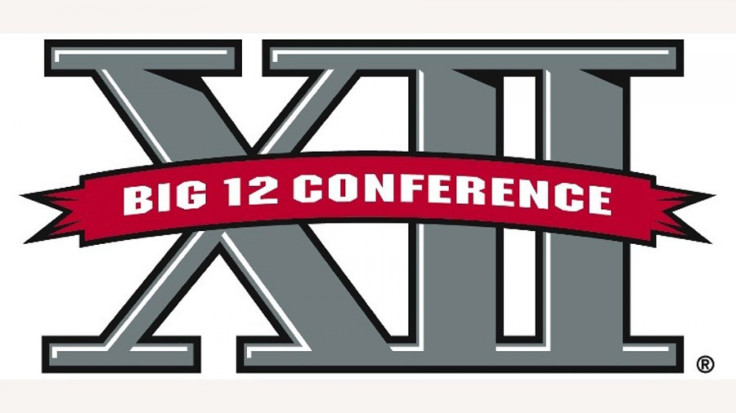Conference Realignment: West Virginia Agrees to Join Big 12

Big East school West Virginia, a member of the conference since 1991, has agreed to join the Big 12, according to a report.
A Big East official confirmed to the USA Today that West Virginia had agreed to leave the Big East for the Big 12, despite recently affirming the school's commitment to the conference and agreeing to a raise in the exit fee. CBS Sports reported that the move was expected to happen within the next 24-48 hours.
West Virginia, along with the other remaining schools, recently agreed to an exit fee hike of $5 million to $10 million, but the school likely won't infer the higher fee if it is indeed headed to the Big 12.
The exit fee increase is set to take place once addition schools -- Air Force and Navy -- agreed to join the conference, but West Virginia won't incur that additional fee because it is leaving before any additional schools joined the Big East.
West Virginia is expected to replace Missouri as the 10th school in the Big 12. Missouri is expected to withdraw from the Big 12 and join the SEC as the conference's 14th member. Big 12 interim commissioner Chuck Neinas told reporters on Monday that Missouri had not officially withdrawn from the conference, but a source told the IBTimes that the decision has been made and it's a mere formality at this point.
West Virginia's move to the Big 12 makes it the fourth school this year to leave the Big East. Pittsburgh and Syracuse agreed to join the ACC in September, while TCU -- which never even played a game in the Big East -- agreed to join the Big 12 in October.
West Virginia publicly affirmed its commitment to the Big East, but was always seen as a viable expansion target for the Big 12. West Virginia offers a rabid fan base, strong football and basketball programs, and a strong commitment to non-revenue sports.
West Virginia's move would help solidify the Big 12 at 10 teams and allow it to pursue a Big 12 television network like it mentioned on Monday, but it could be as long as 27 months before the school can officially join the conference.
Big East commissioner John Marinatto has been adamant that would not allow Pittsburgh and Syracuse to leave the Big East earlier than the agreed upon 27-month wait period, which would assumedly apply to West Virginia.
Even if it is able to keep Pittsburgh, Syracuse, and West Virginia for an additional 27 months, the Big East still faces a dire situation.
The Big East is looking to expand to 12 football-playing schools -- Air Force, Boise State, Central Florida, Houston, Navy and SMU are the likely targets -- but it's now doubtful any school would agree to join a conference with so little stability.
Even a representative of a current member of the conference, Cincinnati, doesn't think much of the Big East's stability.
Newly named Cincinnati athletic director Whit Babcock told reporters on Monday that the most important things you look for in a conference are trust and stability and, I don't know that the Big East has either.
The Big East could keep with its current plan and just add another school to the mix -- Temple is one option -- but the loss of West Virginia is a clear blow to a conference on its last legs. The conference's BCS automatic qualifier status is clearly in doubt going forward, as is the ultimate relevancy of the more basketball-oriented conference.
Want to reach this writer? You can email John Talty at j.talty@ibtimes.com or follow him on Twitter at @jtalty.
© Copyright IBTimes 2024. All rights reserved.





















